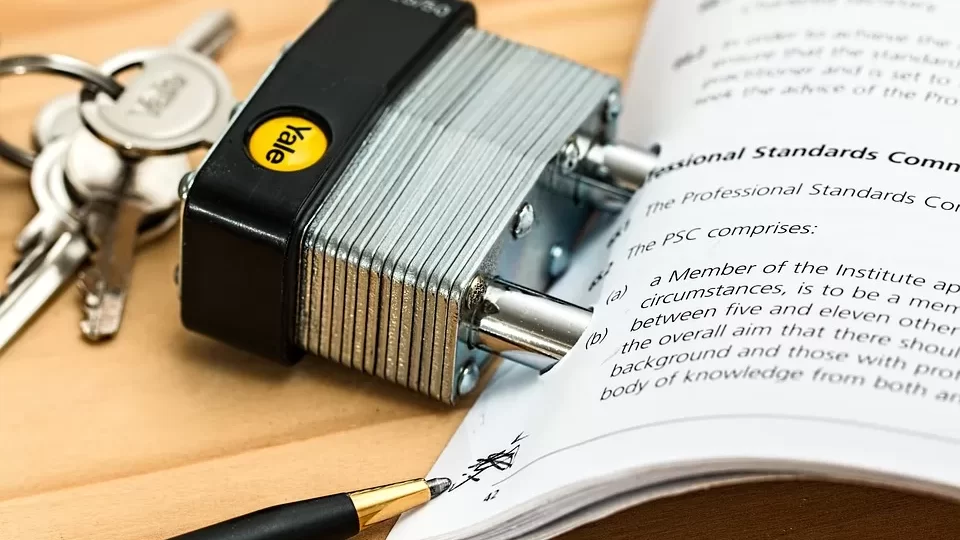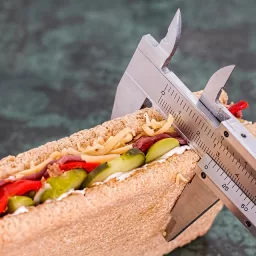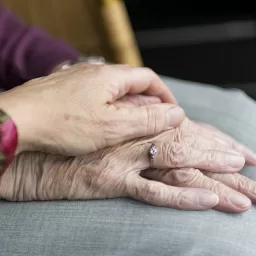
“It is the right of every man, in parliament or out of it, in the press or over the broadcast, to make fair comment, even outspoken comment, on matters of public interest. Those who comment can deal faithfully with all that is done in a court of justice “. – Lord Denning in R vs. Metropolitan Police Commissioner, Exparte Blackburn (No. 2) (1968) 2 Q.B. 150.
In an unanimous judgement in Suit No: SC 1462/2019 (Senator Hope Uzodinma& Anor vs. Rt Hon. Emeka Ihedioha& 2 Others) delivered on Tuesday, January 14, 2020, a seven-man panel of the Supreme Court of Nigeria nullified the election of the erstwhile governor of Imo State, Emeka Ihedioha, and ordered the immediate swearing in of Hope Uzodinma as the validly-elected governor of Imo State.With the above dictum of Lord Denning in mind, Imo Progressive Lawyers Association (IPLF) has deemed it necessary to ask certain pertinent questions regarding the Supreme Court rulingthat sacked Emeka Ihedioha.
First off, we make bold to state that both Ihedioha and Uzodinma are respected sons of NDI IMO. This reflection specifically responds to the controversy which the Supreme Court judgement generated since it was delivered. And more importantly, it is not lost on us thatformer governor Ihediohahas approached the apex court for a review of the judgement that ousted him. The consequence is that the matter having been submitted to the Supreme Court remains subjudice. As lawyers, we are mindful that commenting on cases sub judice are generally considered inappropriate. However, we are constrained to raise the following questions after having read the full judgement of the apex court.
Before delving into the facts of the matter, it is instructive to note that Section 179 (2) of the Constitution of the Federal Republic of Nigeria 1999 (as amended) deals with the votes that a candidate must garner at a gubernatorial election to be declared winner. That section provides:
179 (2): A candidate for an election to the office of governor of a state shall be deemed to have been duly elected where, there being two or more candidates –
- he has the highest number of votes cast at the election; and
- he has not less than one-quarter of all votes cast in each of at least two-thirds of all the local government areas in the state.
Guided by the constitutional directives above, we examine the undisputed facts in the recent judgement. The specific facts to note are:
- The 1st Appellant (Hope Uzodinma) filed a petition challenging the return of the 1st Respondent (Emeka Ihedioha) on two grounds:
(a) The 1st Respondent was not validly elected by majority of lawful votes cast; and
(b) The declaration and return of the 1st Respondent is invalid by reason of non-compliance with the Electoral Act. (See page 2 of the lead judgement delivered byKudiratMotonmoriOlatokunboKekere-Ekun JSC).
- Elections were held in 27 Local Government Areas, 305 electoral wards and 3, 523 polling units. The 3rd Respondent (INEC) cancelled the election in 252 polling units, collated results from 2,883 polling units and excluded results from 388 polling units. The 1st Respondent averred that he scored 213,695 votes from only the 388 polling units excluded. (See pages 2-3 Kekere-Ekun JSC’s judgement).
- Paragraph 7, a, b, c, d, e and f of the 3rd Respondent’s (INEC’s) Reply categorically denied the claims in the Appellant’s petition, especially the incorrect computationof election results as alleged. (See pages 31-32 of Kekere-Ekun JSC’s judgement).
Having established the law and the undisputed facts in the matter, we seek to raise the following questions concerning the judgement –
A. The Appellant (Hope Uzodinma) pleaded that he scored over 213,000 votes from 388 polling units. However, during the trial, his star witness, PW54, a police officer, only tendered the results of 366 polling units instead of 388. The findings by the Tribunal, Court of Appeal and the Supreme Court also established that PW54 tendered results of 366 polling units as against 388 polling units. Does this discrepancy not place the Supreme Court on its enquiry?
B. The court is bound to take judicial notice that the maximum number of voters per polling unit is 500 unless there are additional voting points created. Again, 500 voters multiplied by 388 polling units cannot be more than 194,000.00 votes. That is to say that 500 voters multiplied by 366 would also, give only a maximum possible of only 183,000 votes. Cognizant of the certainty of deaths, voter transfers and voter apathy, the possibility of all 500 voters in each of the 388 (or 366) polling units voting during an election is very remote, if not impossible. So, whether by 366 or 388 polling units, the figures presented by the Appellant leave both mathematical and logical gaping holes that ought to put the apex court on its enquiry.
C. Curious enough, the Supreme Court refused to look into the cross-appeal of the First Respondent (Emeka Ihedioha), holding that the main appeal had made it unnecessary to evaluate the cross-appeal. With due respect to the apex court, perhaps, if the cross-appeal had been evaluatedon its merit, some of questions highlighted above would been dealt with.
D. In light of A and B above, has the Supreme Court satisfied itself that the conditions set out in Section 179 (2) of the Constitution of the Federal Republic of Nigeria 1999 (as amended) have been fully complied with as would warrant the nullification of Ihedioha’s election and the declaration of Uzodinmaas the actual winner?
Justice, they say, is not a cloistered virtue. She must be allowed to suffer the scrutiny and respectful, even outspoken, comments of ordinary men”. – “Lord Atkin in Ambard vs. Attorney-General for Trinidad & Tobago (1936) AC 322, 335. As ministers in the temple of justice and equally as stakeholders in the Imo governance architecture,
Imo Progressive Lawyers Association are moved by Lord Atkin’s admonition to raise the above legal questions. We table these concerns as amicus curia, fuelled by the deep concern that the doctrine of stare decisis would be threatened if these issues are not exhaustively reconsidered by the apex court.
In the final analysis, the Supreme Court is a policy court, with its decisions binding not only on every lower court, but on all other institutions and executive arms of government. In line with the total bindingness of Supreme Court’s judgement, Hope Uzodinma was sworn in as governor with alacrity. Our primary concern therefore is that justice prevails. Not only that, every regime of the state must derive its legitimacy from popular democracy and sound application of the rule of law.
We end our reflections by reference to the following quotes by Lord Denning in his book ‘The Road to Justice'(1955):
“In every court in England, you will, I believe, find a newspaper reporter… He notes all that go on and makes a fair and accurate report of it… He is, I verily believe watchdog of justice… The judge will be careful to see that the trial is fairly and properly conducted if he realizes that any unfairness or impropriety on his part will be noted by those in court and may be reported in the press. He will be more anxious to give a correct decision if he knows that his reasons must justify themselves at the bar of public opinion’.
And also:
“When a judge sits on a case, he himself is on trial… If there is any misconduct on (his) part, any bias or prejudice, there is a reporter to keep an eye on him.” Lord Denning in his address before the High Court Journalists Association as reported in the Times of 3rd December 1964.
Signed Victoria Ibezim-Ohaeri, General Secretary
Matthias Emeribe, Publicicty Secretary,
imo
#Imo #Lawyers #Reflect #Supreme #Court #Judgement #Imo #State
Post byBedewy for info askme VISIT GAHZLY








